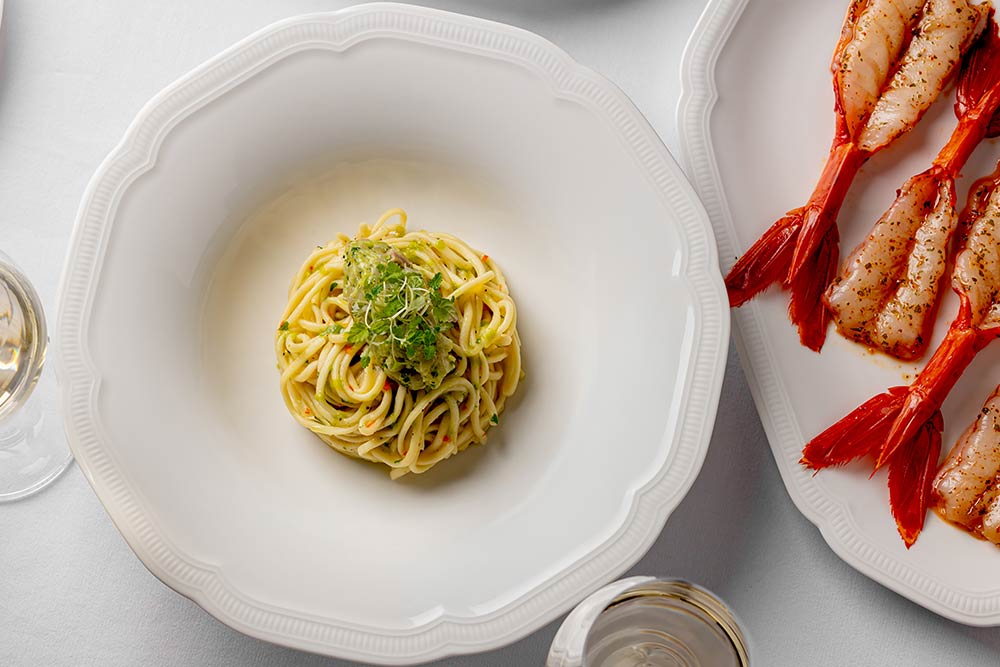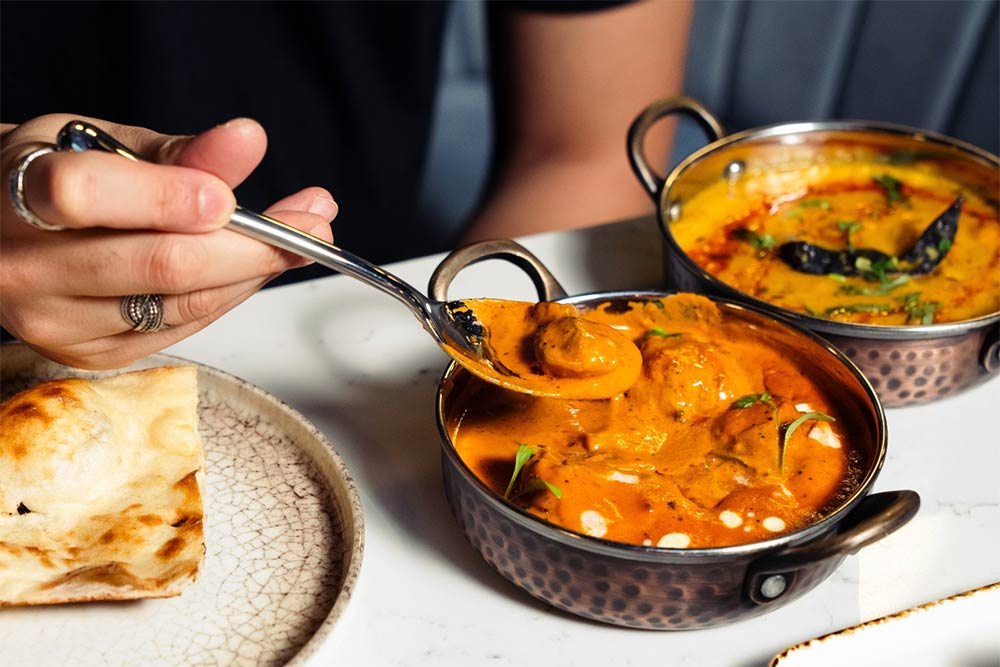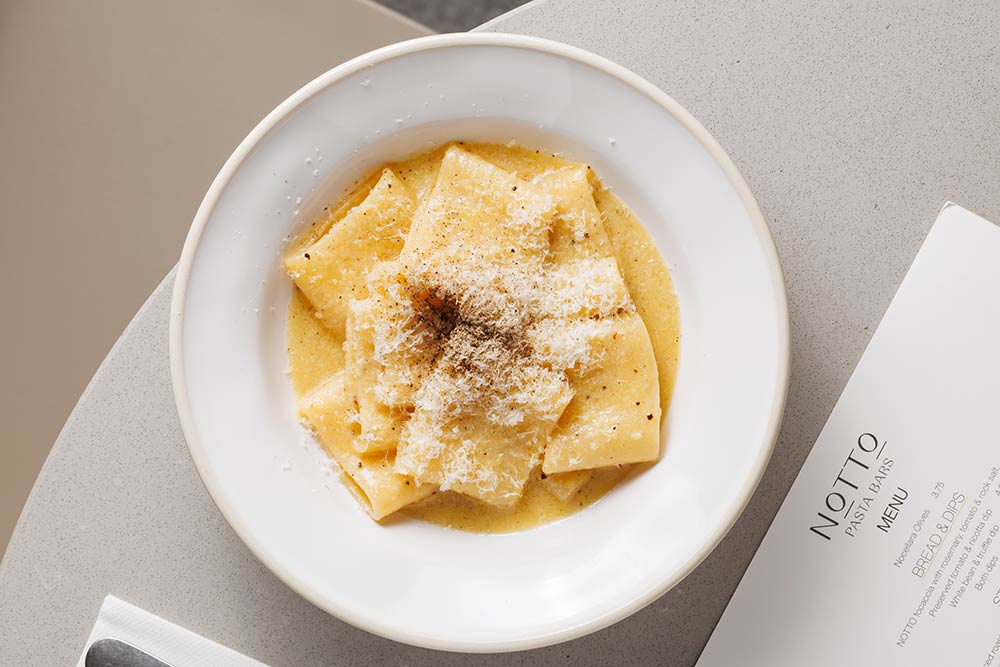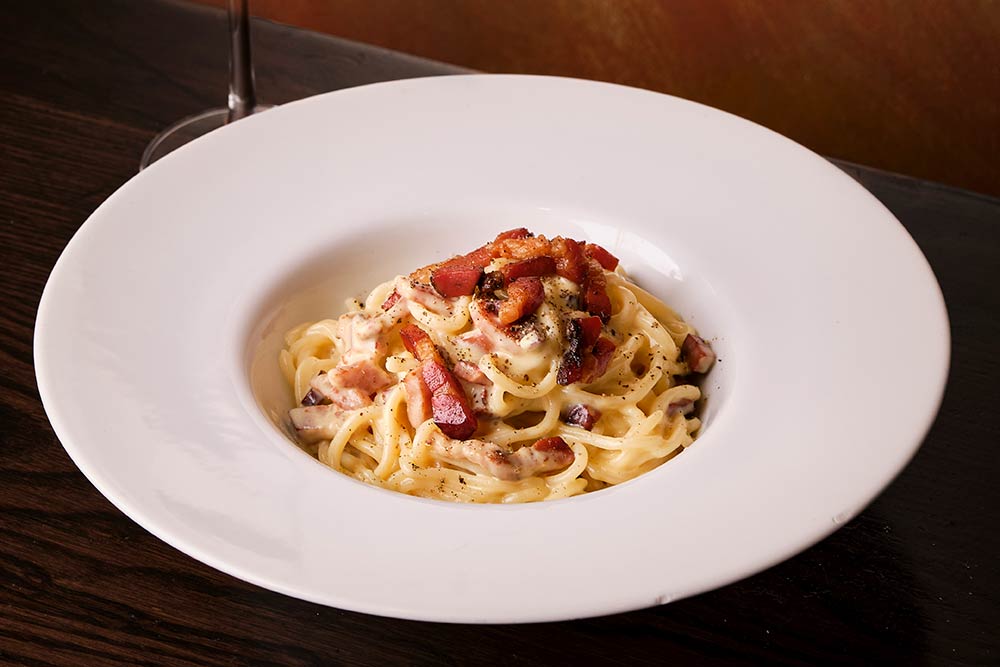Be the first to try Sale E Pepe Mare at The Langham, London with 50% off your food bill
Oops! An error just happened...
There was an error processing your request. Sorry about the trouble!
Please use the menu to navigate to other pages of the site, or perform a search to find what you are looking for!
0: Call to a member function get() on array











